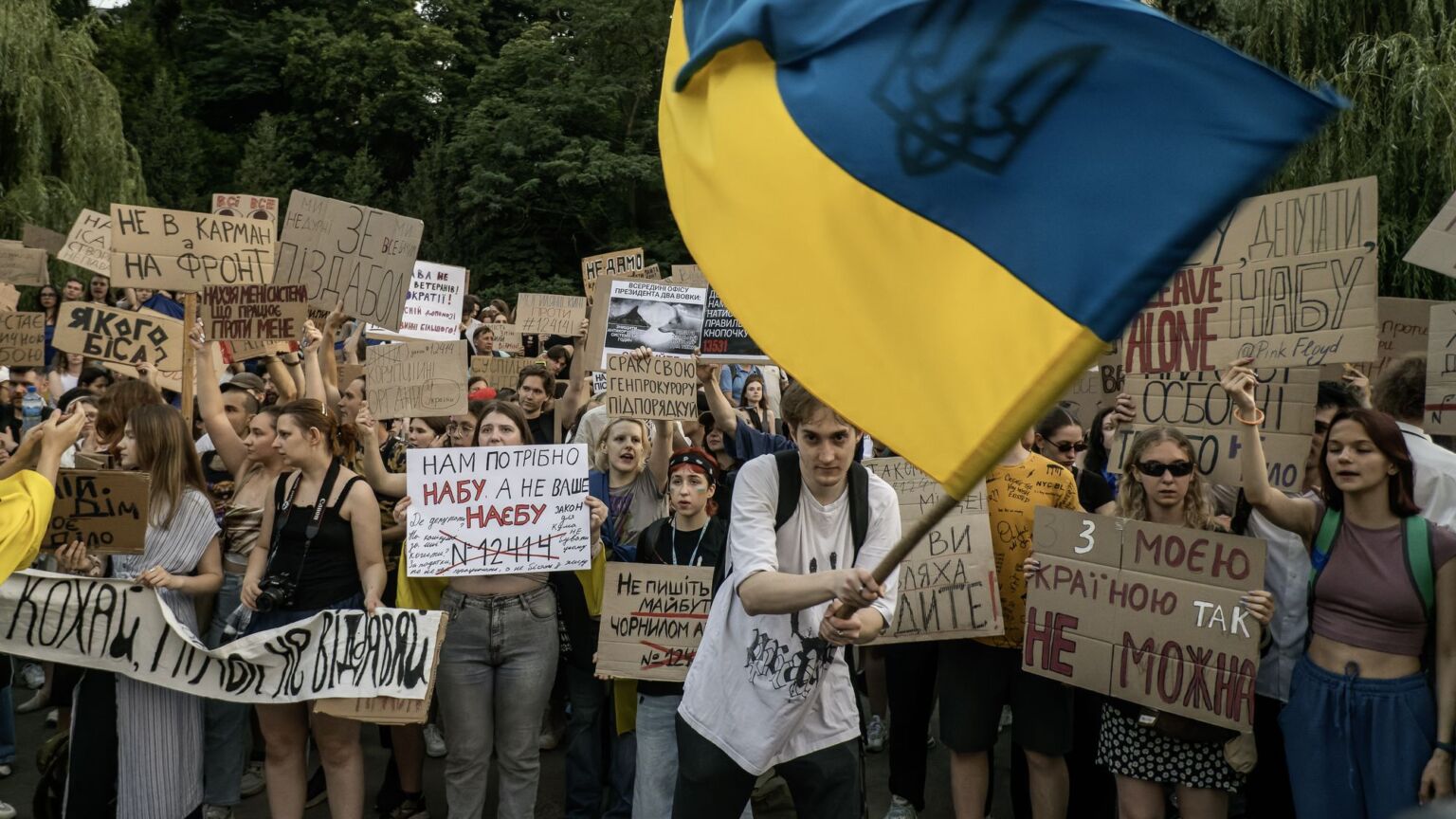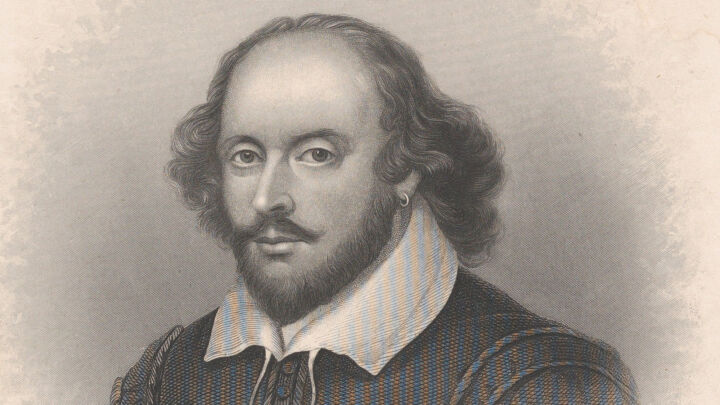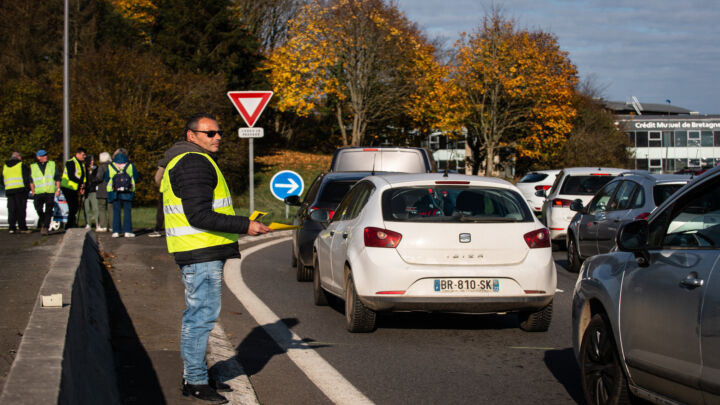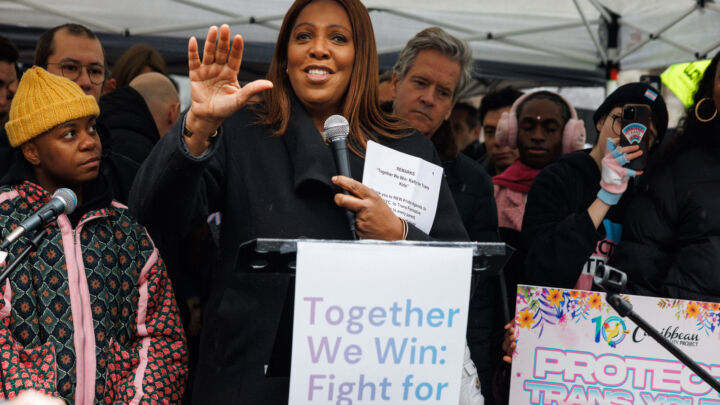Has Zelensky blown it?
The protests on Ukraine’s streets could prove fatal to the president – and pivotal to the direction of the war.

Want unlimited, ad-free access? Become a spiked supporter.
Last week, Ukrainian president Volodymyr Zelensky faced the first mass protests since the 2022 Russian invasion – unrest that was provoked by a law widely seen as ending the independence of anti-corruption agencies in Ukraine. Thousands of protesters flooded the streets of Kyiv and other cities, accusing Zelensky of reneging on a central plank of his 2019 election campaign by dismantling institutions key to Ukraine’s hopes of joining the EU. Within 48 hours, Zelensky backed down. He has since proposed a new law reversing the changes, which will be voted on in the Ukrainian parliament – the Verkhovna Rada – this week.
So far, so (superficially) simple. Here we have a u-turn from a populist president who says he has heeded people’s objections. The initial law gave the prosecutor general, a political appointee, oversight of the hitherto independent National Anti-Corruption Bureau and the Specialised Anti-Corruption Prosecutor’s Office. The proposed new law would reverse this change.
How did Zelensky come to make such an apparent misstep? How much political damage has been done? And where do efforts to combat Ukraine’s undoubted corruption scourge go from here? What happens next is not just about the status of the two anti-corruption institutions, but also about Zelensky’s authority, about peace on the streets and – potentially – about the future of the war.
Zelensky’s justification for placing the offices under the prosecutor general was the need to speed up investigations into alleged Russian influence – a default explanation for pretty much any action taken by a wartime leader. However, less benign reasons have also been circulating. Chief among the allegations was that anti-corruption investigators had homed in on suspects close to Zelensky’s own circle. That could help to explain a police raid on one of the anti-corruption offices, just the day before the initial law was rushed through.
If worries in Zelensky’s office are the simplest explanation, others are no less plausible. Ask who stands to benefit from this sort of stand-off in Ukraine and the answer, as ever, would be Russia. Ukraine was notoriously corrupt before the Russian invasion, and Russia well knows that new corruption scandals deter foreign governments from aiding the Ukrainian cause. They also damage Ukraine’s prospects of joining the EU. Why wouldn’t Russia want to magnify corruption in Ukraine? As seen from Moscow, the closer any such scandal comes to Zelensky or his staff, the better.
Russia may not be the only possible culprit. Zelensky has long had his detractors among Ukraine’s Western supporters, too. Some believe Ukraine needs another leader to take the war into its next phase, or end it. Nor has he been without rivals in Ukraine, including the Kyiv mayor, Vitali Klitschko, and the former president, Petro Poroshenko. A sense that Zelensky is weakening anti-corruption safeguards could offer those who want to ditch him a pretext for doing so.
Which brings us to the recent street protests and how much of a threat they might pose, either to Zelensky or to public order in Ukraine. In scale, they have been far smaller than the protests of the Orange Revolution in 2004, which brought the pro-Western Viktor Yushchenko to power. They have also been far smaller than the Euromaidan protests of 2013, which toppled Viktor Yanukovych, paving the way for the election of Poroshenko. Even in a country that has made a habit of changing its governments from the street, the latest demonstrations do not look anything like a revolution – at least not yet.
But scale alone might not be the best gauge of their significance. While the protesters oppose the dismantling of anti-corruption measures, such an obviously ethical issue also provides cover for wider opposition to Zelensky, and especially to the war, that might otherwise have appeared unpatriotic. Seen in this light, the protests could turn out to be more dangerous than they look. Indeed, they could mark the first serious public expression of opposition to continuing the war.
The creation of anti-corruption bodies independent of politics was encouraged by the US and actively demanded by the EU as part of Ukraine’s progress towards eventual membership. Zelensky’s earlier enthusiasm for these institutions earned him both praise and respect at home and abroad.
The awkward fact, however, is that although some medium-sized fish have been caught, Ukraine’s culture of corruption has not radically changed. On the contrary, the war has provided a whole new set of opportunities for it – from draft evasion and diversion of foreign aid to backhanders for obtaining arms and other military supplies. It also has to be said that, however much ‘independence’ was demanded of these anti-corruption offices, in Ukraine that was more easily said than done. Their distance from politics may have been far less than is often implied.
The key questions now are whether the Verkhovna Rada will pass Zelensky’s new bill, and if so, whether this will fend off further protests. But a lot of different strands are currently coming together to put even more pressure on Zelensky.
Foremost among these is the fact that Ukraine, after more than two years of dogged resistance, is beginning to buckle under Russian aggression. The strategic town of Pokrovsk, in eastern Ukraine, is reportedly about to fall. Reports from the ground suggest that popular discontent with the war and with Zelensky personally is increasing. And while Trump may have just shortened his timetable for Putin to make up his mind about peace terms from 50 days to ‘10 or 12’, his history of flip-flopping on the conflict makes him far from a reliable ally for Ukrainians.
The last thing Zelensky needs now is a new political conflict at home. But that is what he will continue to get if Ukrainians feel that their democracy is threatened – not just by Russia, but by Zelensky himself, too.
Mary Dejevsky is a writer and broadcaster. She was Moscow correspondent for The Times between 1988 and 1992. She has also been a correspondent from Paris, Washington and China.
£1 a month for 3 months
You’ve hit your monthly free article limit.
Support spiked and get unlimited access.
Support spiked – £1 a month for 3 months
spiked is funded by readers like you. Only 0.1% of regular readers currently support us. If just 1% did, we could grow our team and step up the fight for free speech and democracy.
Become a spiked supporter and enjoy unlimited, ad-free access, bonus content and exclusive events – while helping to keep independent journalism alive.
———————————————————————————————————————————–
Exclusive January offer: join today for £1 a month for 3 months. Then £5 a month, cancel anytime.
———————————————————————————————————————————–
Monthly support makes the biggest difference. Thank you.










Comments
Want to join the conversation?
Only spiked supporters and patrons, who donate regularly to us, can comment on our articles.